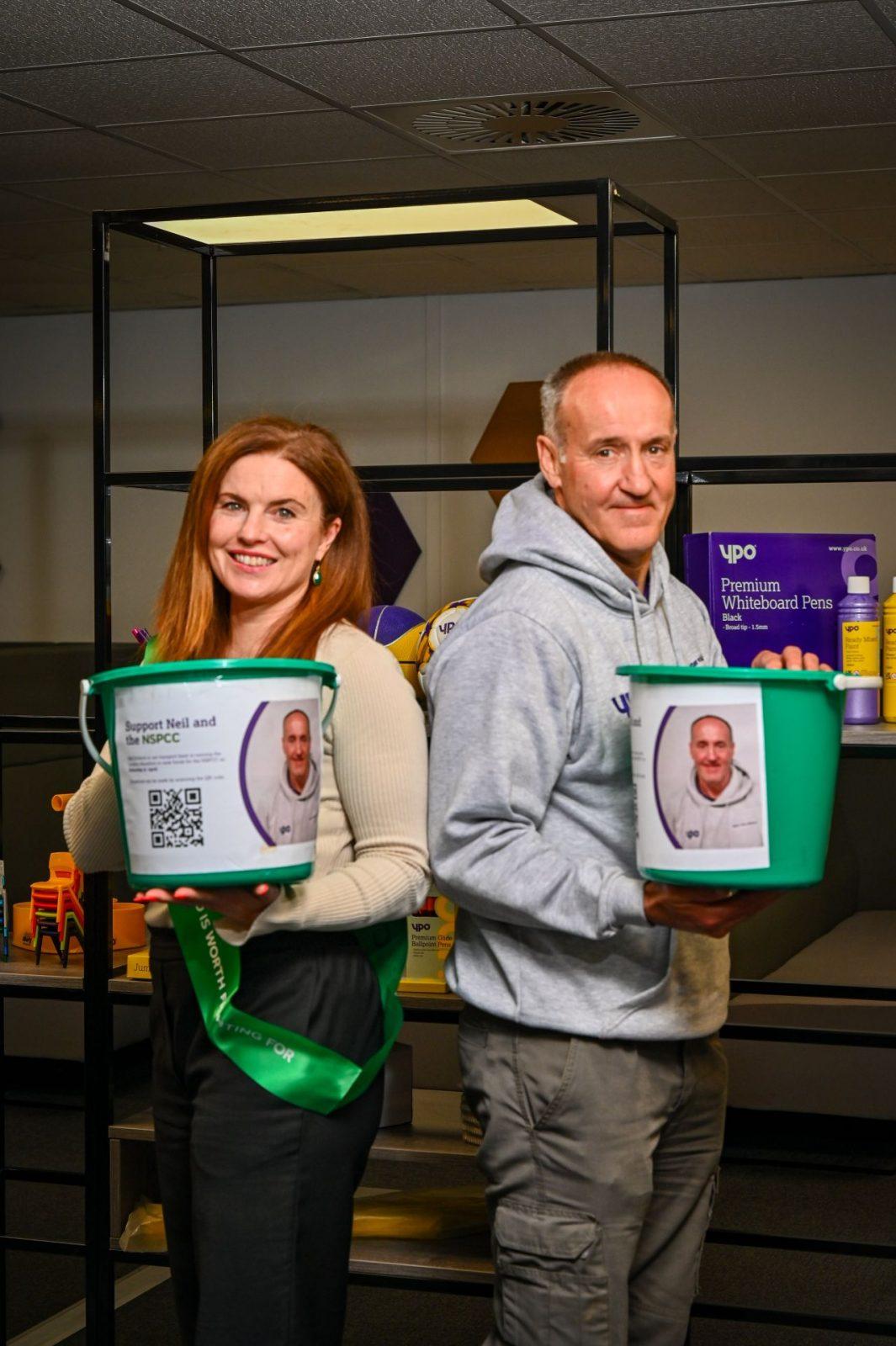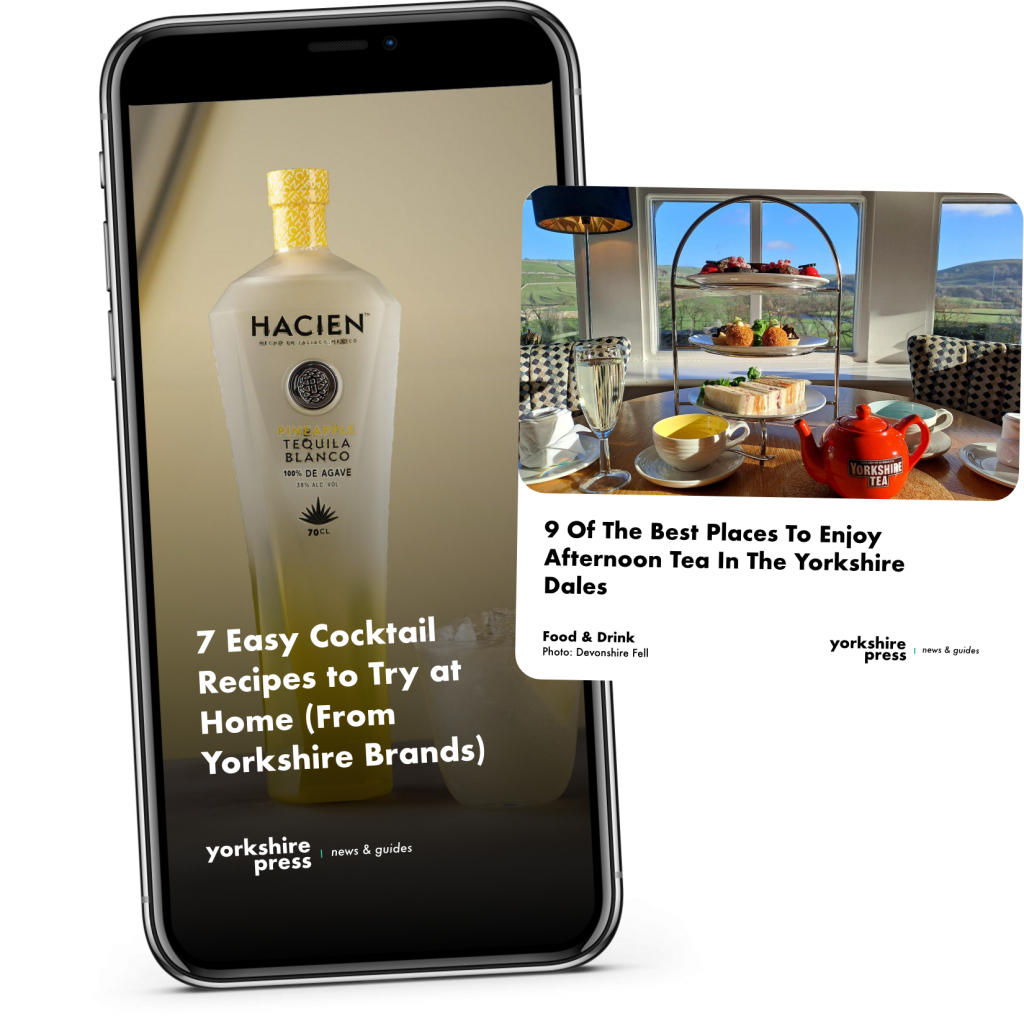A couple of weeks ago, we shared a story about the UK’s lowest-cost IVF provider launching in Sheffield. To learn more about the treatment offered by abc IVF and gain a better insight into the emotional journeys faced by those struggling to conceive, we spoke to a recent patient of abc IVF. Antonia and her husband live in Sowerby Bridge and welcomed their beautiful baby boy in April, following treatment at the abc IVF clinic in Leeds.
Could you tell us a little about yourself and what life was like before your fertility journey began?
Of course! I’m Yorkshire born and bred and have lived in Sowerby Bridge for the last ten years, I work in sales and met my husband Peter through a family friend about ten years ago. We’ve now been married for five years but we knew we wanted to start a family together way before that.
The average couple will successfully conceive within the first year of trying. How long were you trying to conceive before you realised you may need medical intervention?
We’d been trying to conceive naturally for about a year before we realised something might be up. We initially went to our GP, who referred us to the ‘help to conceive’ clinic which was a pretty difficult time as we were getting mixed messages about the cause of our infertility. Eventually, I received a suspected diagnosis of polycystic ovary syndrome (PCOS), which made us eligible for fertility treatment on the NHS.
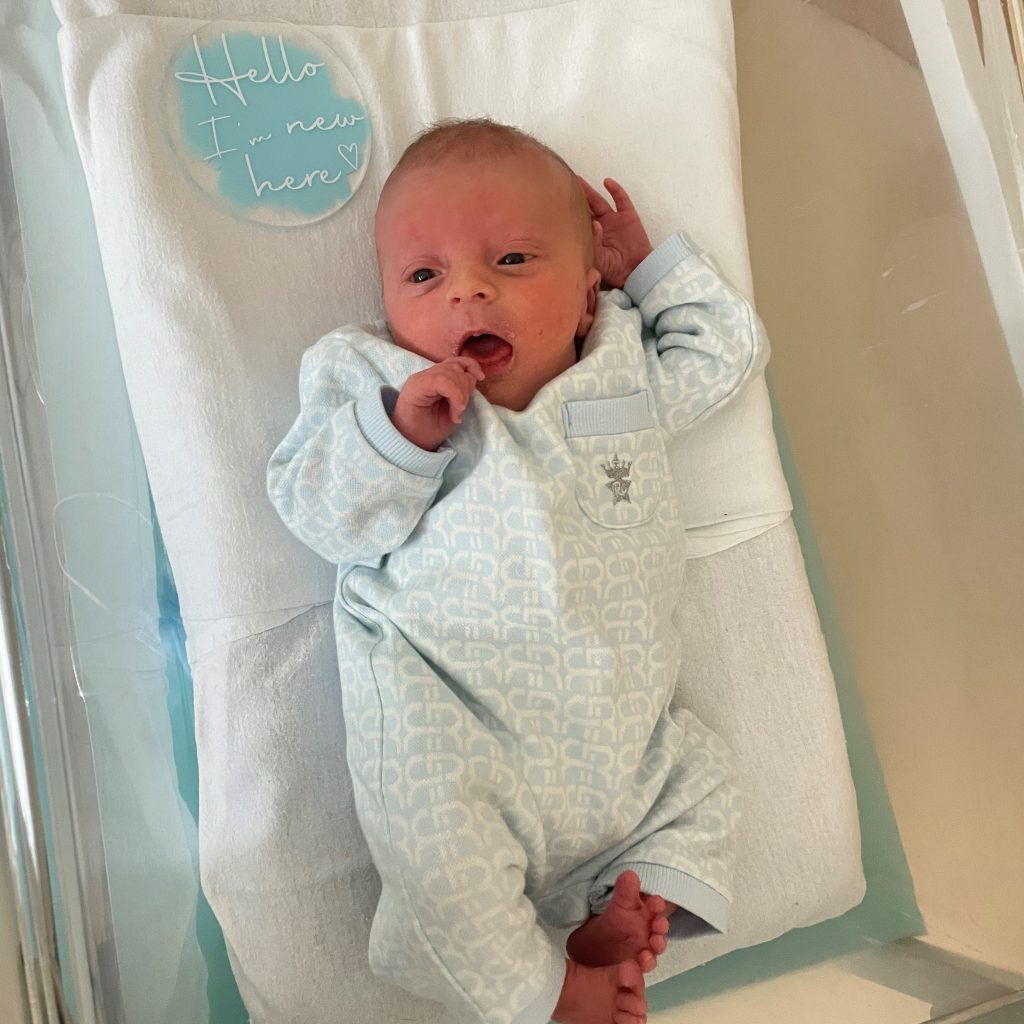
You were diagnosed with PCOS. Besides the difficulties conceiving, how has PCOS affected you? What are your symptoms?
I’ve had irregular periods for as long as I can remember, but besides that and my difficulty conceiving naturally, I don’t have any other symptoms, I feel quite lucky not to have the other symptoms really!
PCOS is one of the leading causes of infertility yet so many know so little about it. Do you think enough is being done to raise awareness of PCOS?
Absolutely not – there’s still so much misunderstanding about PCOS. I can’t help but feel women’s health and fertility are neglected by the healthcare system. This is a condition which affects 1 in 10 women. So much more needs to be done to support PCOS sufferers – we need clear guidance, more research and better awareness.
Like countless others across the UK, Covid prevented you from accessing treatment right away. Could you tell us a little more about how the pandemic affected your fertility journey?
By the time we knew we’d need fertility treatment to conceive, the pandemic had kicked in and the waiting lists were really long. I signed up for fertility blood tests in March 2020 and wasn’t contacted by the NHS until August 2021 – that’s how backlogged everything was!
I believe delays in fertility treatment during the pandemic have deprived many people of the opportunity of starting a family.
As a fellow PCOS sufferer, I am all too aware that time is not on our side when trying to conceive and delays in getting the help we need can significantly lower our chances of conception. Faced with a lengthy wait for treatment on the NHS, what other avenues did you explore?
Time is so crucial when it comes to fertility. That’s why we looked into private IVF options as soon as we realised the NHS delays could harm our chance of finally starting a family. We really felt the clock was ticking and were fortunate to be gifted some money from my parents to pursue private treatment.
We looked at lots of clinics but abc IVF stood out as being really friendly, supportive and, of course, affordable. I knew that multiple cycles of IVF could get really expensive, I know friends who have spent up to £20,000 on treatment, but abc IVF’s low cost was so reassuring as we knew we could afford more than one cycle if needed.
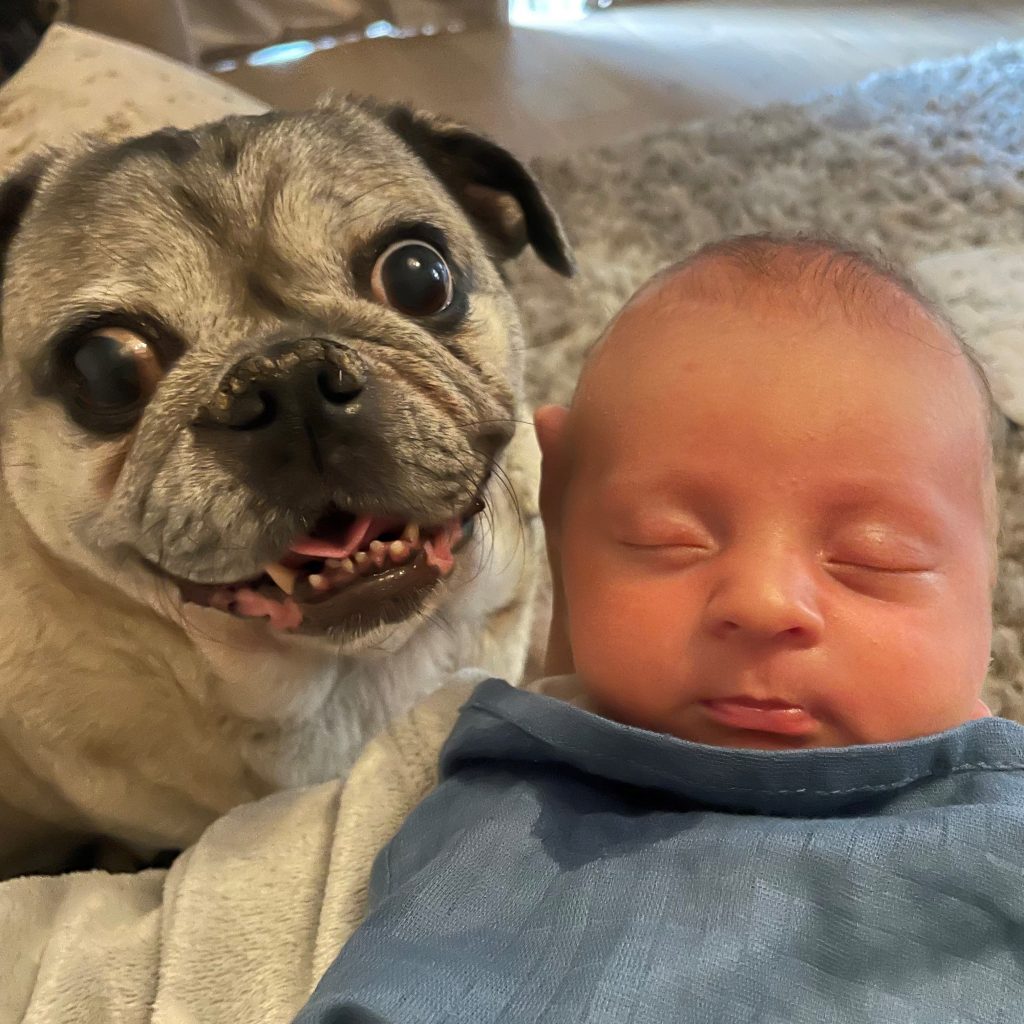
Opting to pay privately for IVF treatment speeds up the process but eligibility is not guaranteed. For those considering reaching out to abc IVF, could you provide a little information on their eligibility guidelines?
Of course, to have treatment with abc IVF you have to be 37 years old or younger, with a BMI under 30 and a normal or good ovarian reserve. If you don’t know your ovarian reserve, this is something that will be assessed during your ultrasound scan. During the initial consultation, you also discuss any other medical conditions that might be impacting your fertility – they explain everything really clearly, I felt supported throughout the journey.
Once you had made contact with abc IVF, what was the process that followed?
Beyond the initial criteria of BMI and age, I then had an internal scan to examine my ovaries, uterus and fertility status. Following this, both my partner Peter and I had diagnostic blood tests. You can get these on the NHS normally but we had them privately to speed up the process. Peter also had his sperm tested to check for male factor infertility. At every stage, we had virtual consultations, with the team discussing our results and guiding us through the next steps.
Once everything was clear, my treatment began and I started injections to stimulate my ovaries. This was actually quite a tough time. Due to my PCOS, I was at a higher risk of developing ovarian hyperstimulation syndrome (OHSS), a rare but potentially serious complication. Abc carefully monitored my progress and tailored my protocol to avoid this. This meant that I had to take injections in order to gently stimulate my follicles ready for egg collection. To ensure I had the best chance of the embryo implanting, the clinic decided it was best to have a frozen embryo transfer in order to give my body a chance to recover, and this worked as I was lucky enough to get pregnant after my first embryo transfer.
Your treatment with abc IVF was a success and you gave birth to your son earlier this year. What support did you receive from them during your pregnancy?
The abc team at the Leeds clinic were absolutely amazing, checking in with me at every stage of the process. Everyone felt so genuinely invested in my fertility journey and were so supportive at every stage. They explained everything clearly and were sensitive to the emotional as well as physical demands of the process.
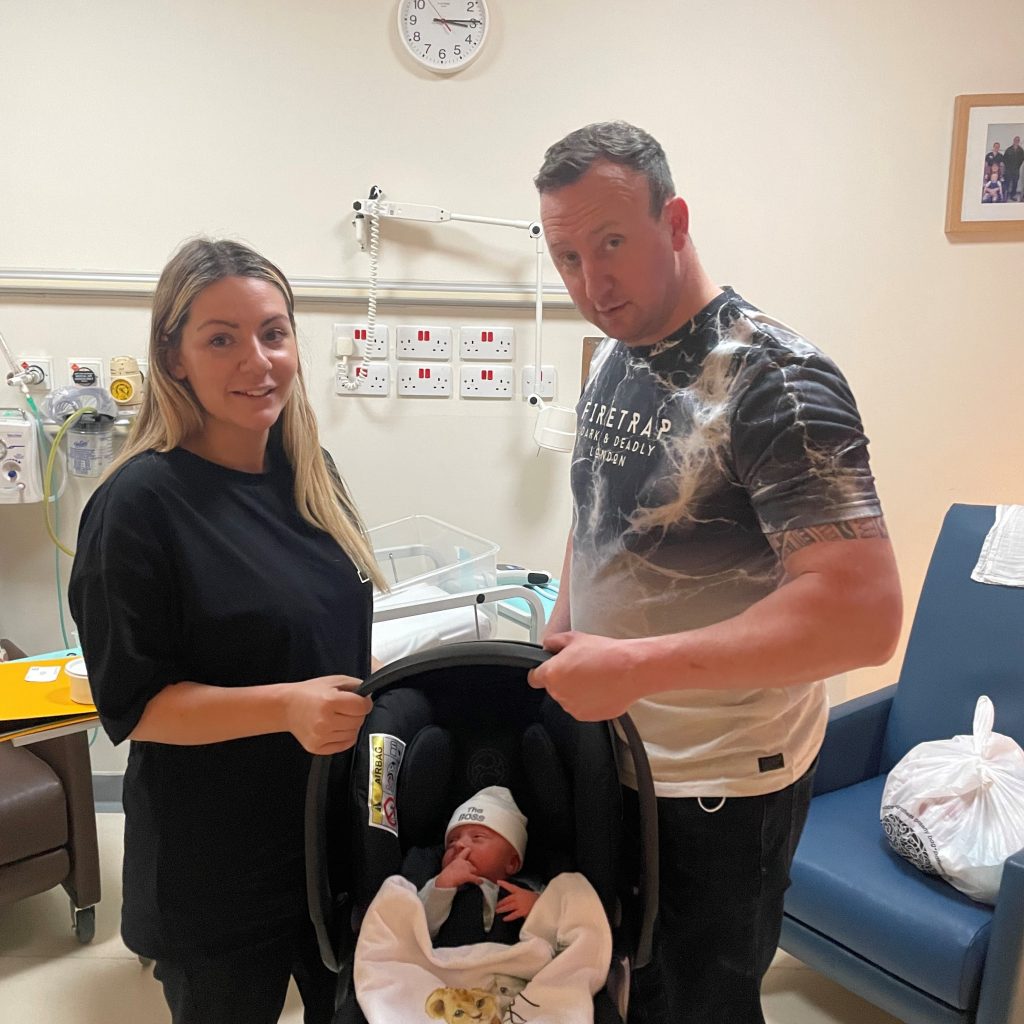
The emotional impact of infertility can be overwhelming yet many women (myself included), find it difficult to talk about. What advice would you give to someone struggling to conceive?
There’s still loads of misunderstanding and stigma around infertility. I found it particularly difficult watching my friends being able to conceive naturally without understanding how emotionally and physically draining trying to conceive with PCOS can be.
My advice would be to seek fertility testing as soon as you can. I felt so relieved once I had my PCOS diagnosis, whilst it wasn’t ‘good’ news it was reassuring to have some answers and understand that there are lots of options available.
I’d also advise opening up to your friends and family (if you feel comfortable). It was a relief to be able to confide in my friends, you know what they say, a problem shared is a problem halved.
I’d also say that Google is your worst enemy. I underwent treatment and pregnancy during COVID-19 so I probably had more time on my hands than most, but still, try your best not to get caught up in the negative stories you find online!
Finally, you’re not alone! 1 in 7 couples have difficulty conceiving and so many people suffer in silence. I can’t recommend abc IVF enough for the constant support they gave me throughout the whole process, giving me the gift of my baby boy Ryder.
PCOS manifests differently in every person but common symptoms include irregular periods, reduced fertility, unwanted hair, skin problems and weight gain. More information on PCOS can be found HERE


